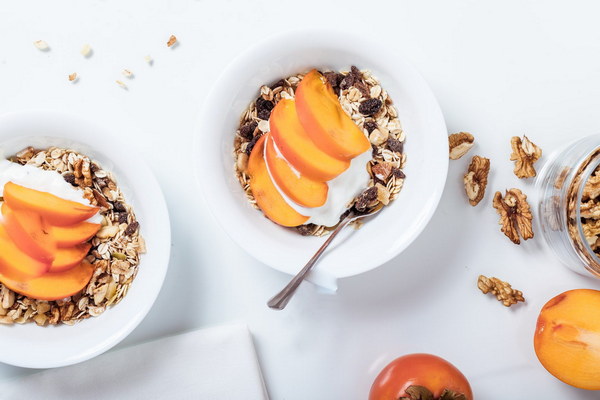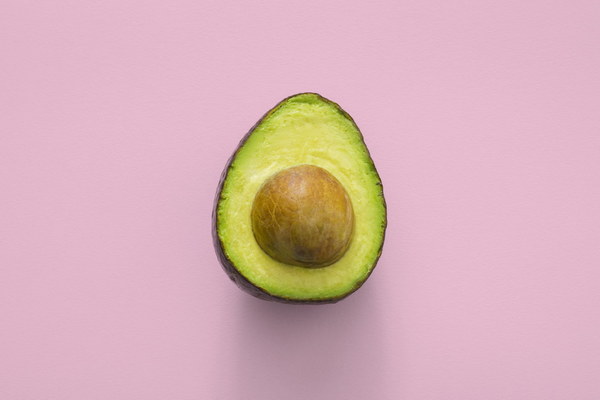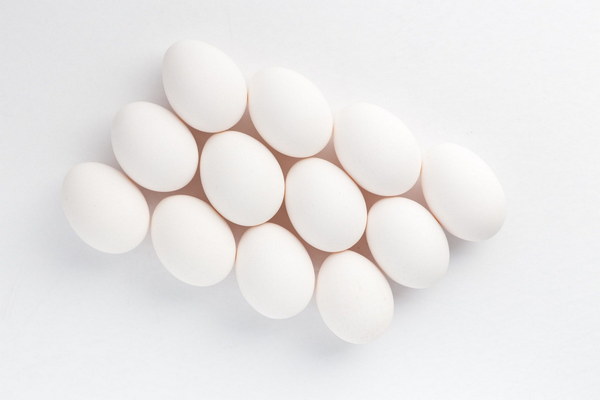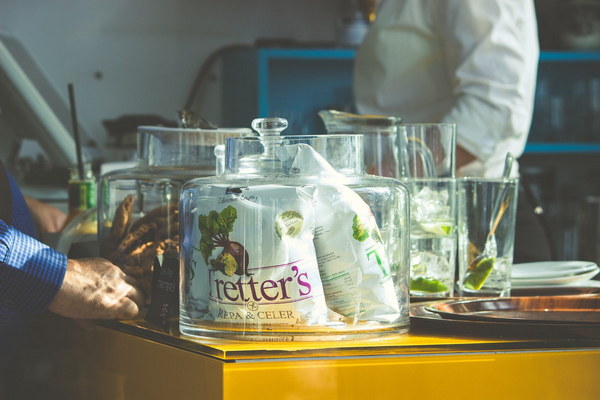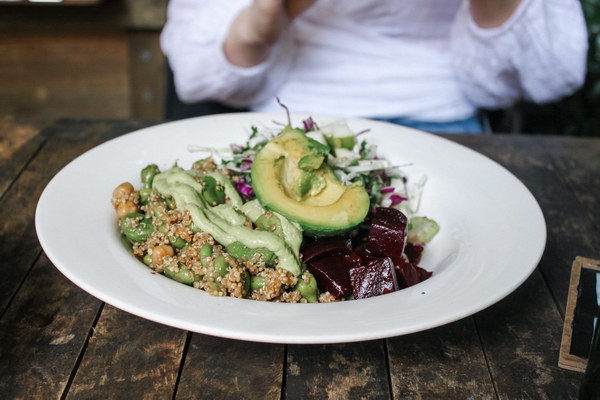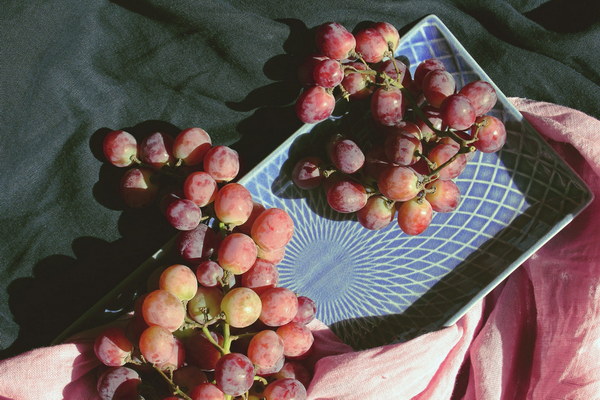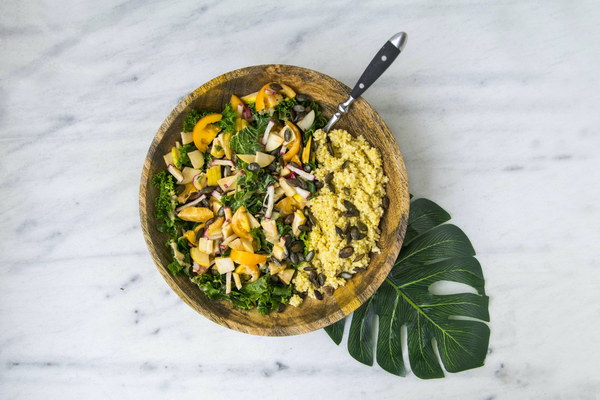Clay The Natural Beauty Secret for Glowing Skin
Clay: The Natural Beauty Secret for Glowing Skin?
In the world of skincare, natural and organic ingredients have been making a significant comeback. One such ingredient that has been gaining popularity for its supposed beauty benefits is clay. But can clay really be the secret to achieving glowing, healthy skin? Let's delve into the world of clay and its potential cosmetic wonders.
The Science Behind Clay's Beauty Benefits
Clay is a natural substance that has been used for centuries in various cultures for its healing properties. It is made up of tiny particles derived from weathered rocks and minerals. The composition of clay can vary, but it typically contains silicon, aluminum, calcium, magnesium, sodium, potassium, and iron.
The unique properties of clay make it a sought-after ingredient in skincare. Here are some of the ways clay can benefit your skin:
1. Absorption of Excess Oil: Clay has an excellent ability to absorb excess oil from the skin, making it a great option for those with oily or combination skin types. It helps to prevent clogged pores and reduce the appearance of acne.
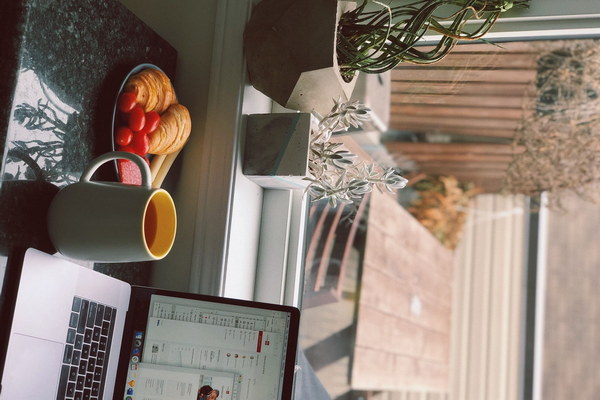
2. Exfoliation: Some types of clay, such as kaolin, have gentle abrasive properties that can help slough off dead skin cells, revealing brighter, smoother skin.
3. Purification: Clay's ability to absorb impurities and toxins makes it a purifying agent for the skin. It can help remove dirt, pollutants, and other unwanted substances from the pores.
4. Hydration: Contrary to the belief that clay can dry out the skin, it actually has hydrating properties. When clay absorbs impurities, it also draws moisture to the skin's surface, providing a dual benefit of cleansing and moisturizing.
5. Balancing Skin pH: The minerals present in clay can help balance the skin's pH levels, which is crucial for maintaining a healthy skin barrier.
Types of Clay and Their Uses
There are several types of clay available, each with its own unique properties and benefits:
- Kaolin: This is the most common type of clay used in skincare products. It is gentle on the skin and suitable for all skin types, including sensitive skin.
- Bentonite: Bentonite clay has a strong negative charge, which allows it to attract and remove positively charged impurities. It is known for its detoxifying properties.
- French Green Clay: Also known as Montmorillonite clay, this type is rich in minerals and is excellent for purifying and detoxifying the skin.
- Rhassoul Clay: Originating from Morocco, Rhassoul clay is known for its ability to improve skin elasticity and is suitable for all skin types, including dry and sensitive skin.
How to Use Clay in Your Skincare Routine
If you're interested in incorporating clay into your skincare routine, here are a few suggestions:
- Face Masks: Mix clay with water or a carrier oil to create a paste, then apply it to your face and leave it on for 10-15 minutes before rinsing off with warm water.
- Facial Scrubs: Combine clay with a gentle abrasive ingredient like sugar or salt to create a scrub that can exfoliate and purify your skin.
- Clay Soaks: Mix clay with water to create a bath soak that can help detoxify your skin and relax your muscles.
- Clay Hair Masks: Some types of clay can be used in hair masks to absorb excess oil and add shine to your hair.
Conclusion
While clay is a natural and effective ingredient for skincare, it's essential to use it properly. Always perform a patch test to ensure you don't have an adverse reaction, and be mindful of the concentration of clay in your homemade recipes. With the right approach, clay can be a valuable addition to your beauty routine, helping you achieve that glowing, healthy complexion you've been dreaming of.
